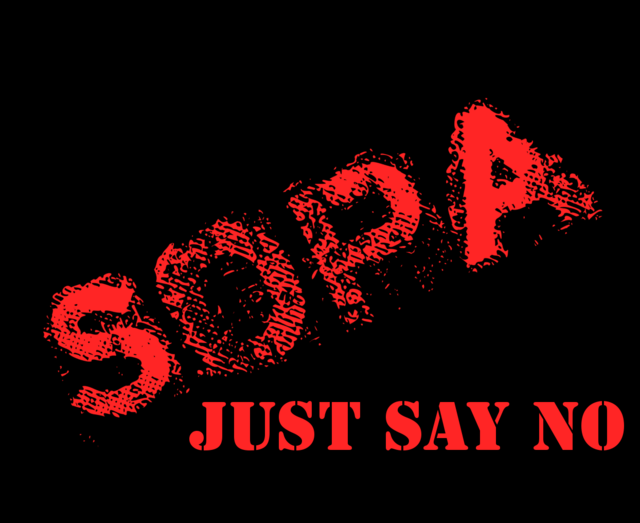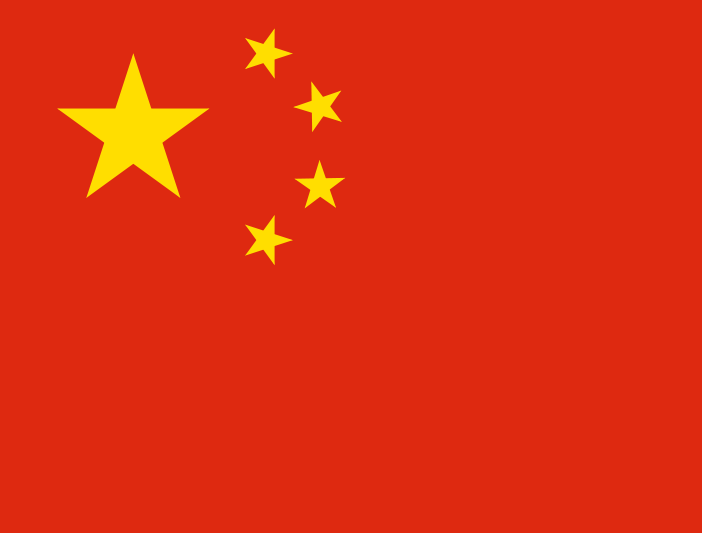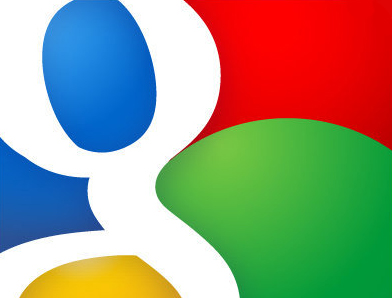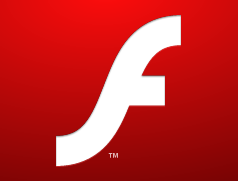In his first statement since his arrest, Pavel Durov blames French authorities, yet he promises to do more to stop criminals abusing Telegram.
Free speech RSS
All broadband internet providers in Brazil are being ordered to block X. Apple and Google might also be dragged into the feud.
Popular messenger app Telegram insists it complies with EU law and claims that its detained CEO Pavel Durov has nothing to hide. The platform is known for ignoring authorities and even the media.
 Editorial
Editorial
Meta says the candidates are subject to the same rules as regular users. It's a blatant lie
Meta is failing its users by not fact-checking Trump and other political figures. It does so under the false argument of free speech and self-imposed reach limitations that it can easily lift.
Meta is developing a decentralised text-based social media platform that will run on the same protocol as that of Twitter rival Mastodon and aims to create a more transparent and secure social media.
Today, the U.S. House of Representatives Judiciary Committee has issued a subpoena for CEOs of Microsoft, Alphabet, Amazon, Apple and Meta for documents and communications over free-speech issues.
Truth Social was disapproved back in August due to several violations of content moderation policies on the Google Play Store. Social media apps must feature robust guidelines to moderate content.
The Google Play Store hasn't approved Truth Social, the social media platform promoted as a free speech alternative to Twitter. The app allegedly violates policies pertaining to moderation of content.
Elon Musk has offered to buy Twitter for $43 billion and expressed intentions to take the company private and make it a bastion of free speech. If the offer is not accepted, he may dump his shares.
Elon Musk has joined the Twitter board after buying a 9.2% stake in the company. Twitter CEO Para Agrawal confirmed the appointment on Twitter and said it's a result of weeks of discussions.
The EFF is going after Section 1201 of the DMCA which currently criminalizes any attempts to speak about legally acquired copyrighted material. If repealed, it would boost Right to Repair movement.
Hungary may follow Poland's lead to sanction tech firms such as Facebook for "shadow banning" the opinions of Christian, conservative, and right-wing users. Both countries want the EU to act too.
The Polish government has proposed a new law which would see the establishment of a free speech council that could fine social media firms if they delete content that's not illegal in Poland.
Earlier this week, Twitter flagged two tweets by Donald Trump. In response, President Trump has signed an executive order that seeks to limit liability protections of social media companies.
The new independent board will make rulings on freedom of expression issues on Facebook and Instagram. The board includes academics, lawyers, journalists, and human rights advocates.
YouTube has won its case against PragerU in a U.S. court after the latter alleged that its first amendment rights were being infringed by YouTube's censorship of its right-wing videos.
The social networking site, Gab, has come back online after Epik decided to do business with it. Epik's founder did say, however, that Gab must monitor and "lightly curate" posted content.
The social network, Gab, has taken down one of its user's posts despite its motto "Speak Freely". Microsoft, which hosts the site on Azure, asked the site to remove content that had been flagged.
Turkey has ordered Facebook to take down content that was deemed to be offensive to the prophet Mohammad, but the company has yet to respond. Despite its stance on free speech it will likely comply.
A frustrated website owner filed a lawsuit against Google claiming that Google was purposely not showing results for the website in search results. The judge has ruled the case in favor of Google.
A reporter for The Independent had his Twitter account suspended, under the pretense that he violated Twitter's terms of service by tweeting the email address of an NBC executive.
The fight for internet freedom could be getting a little bit more defined; one group has created the Declaration of Internet Freedom, a bare-bones summary of their idea of 'digital rights.'
After all the outrage they caused, the MPAA is still trying to force SOPA-like legislation into law? It's finally clear: this is a battle to death between the free internet and big media.
Google's presence in China has been a almost never ending controversy over censorship, social responsibility, and human rights. It was always a struggle to try and keep up with China's complicated and sometimes intrusive legislation...
Google has today revealed that in mid-December, they, along with a number of other large companies in the Internet, finance, technology, media and chemical sectors, were targeted in a sophisticated cyber-attack. This attack on their...




































